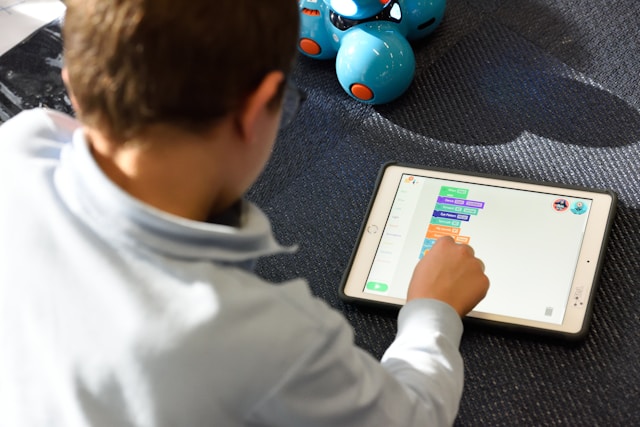Preschool is a crucial stage of education where children begin their formal learning journey. It focuses on providing a structured and nurturing environment that promotes the development of various skills and prepares children for kindergarten or elementary school.
Preschools in Indonesia can vary in terms of their curriculum, facilities, and teaching methods, as there is no standardized national curriculum. However, most preschools focus on providing a nurturing and stimulating environment for children to develop their social, emotional, cognitive, and physical skills.
Enrolling your child in a preschool in Indonesia can offer several benefits and advantages. Here are some reasons why parents often choose to enroll their children in preschool:
- Early Learning Foundation: Preschools provide a solid foundation for learning and development. They offer age-appropriate activities and curricula that help children develop essential language, mathematics, problem-solving, creativity, and social interaction skills. By starting early, children have a head start in their educational journey.
- Socialization and Emotional Development: Preschools offer a structured environment where children can interact with their peers and develop critical social skills. They learn to share, cooperate, take turns, and communicate effectively. Being part of a preschool community helps children build confidence, self-esteem, and emotional resilience.
- Independence and Self-help Skills: Preschools encourage children to become more independent and develop self-help skills. They learn to dress themselves, follow routines, take care of their belongings, and engage in tasks that foster self-reliance. These skills contribute to their growth and prepare them for future academic and personal challenges.
- Language Development: Preschools in Indonesia typically emphasize language development. Children can enhance their vocabulary, listening skills, and communication abilities in Indonesian and, in some cases, English. Preschools often use storytelling, rhymes, songs, and interactive activities to promote language acquisition.
- Cognitive and Problem-solving Skills: Preschools provide a variety of activities and experiences that stimulate children's cognitive development. Children engage in problem-solving tasks, critical thinking, and logical reasoning through play-based learning. These experiences lay the groundwork for their future academic pursuits.
- Preparation for Primary School: Preschools in Indonesia aims to prepare children to transition to primary school. They introduce structured learning environments, routines, and academic concepts that align with the primary school curriculum. By attending preschool, children become familiar with the expectations and demands of formal education, making the transition smoother.
- Exposure to Cultural Diversity: Exposure to cultural diversity in preschool is highly beneficial for children's development. Early exposure to cultural diversity helps children develop a global perspective. They learn about different countries, traditions, and celebrations, fostering curiosity and a desire to learn more about the world around them.
- Parental Support and Involvement: Preschools provide opportunities for parental involvement and engagement. Parents can actively participate in their child's learning journey, attend parent-teacher meetings, and collaborate with teachers to support their child's development.


